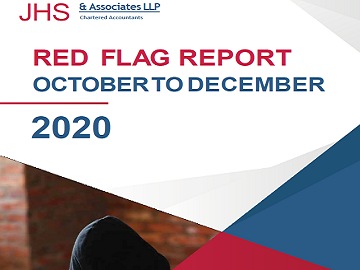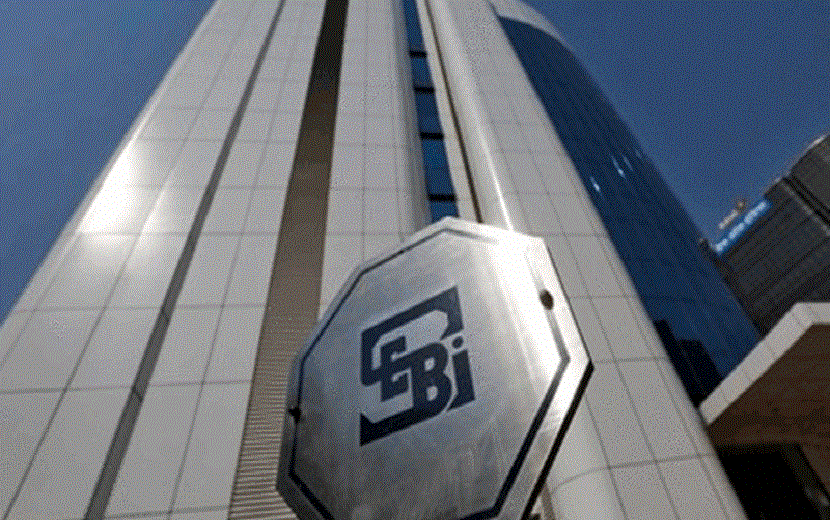Reference: Securities & Exchange Board of India
Update:
Report of the Working Group on Related Party Transactions:
SEBI constituted a Working Group in November 2019 to review the policy space pertaining to related party transactions under the Chairmanship of Mr. Ramesh Srinivasan, Managing Director & CEO, Kotak Mahindra Capital Company Limited.
The terms of reference of the Working Group were to make recommendations to SEBI on the following issues:
- Review the policy space relating to related party transactions, including the following:
- Definition of “related party” and “related party transactions”;
- Thresholds for classification of “related party transactions”as material; and
- Process followed by Audit Committee for approval of related party transactions.
- Review the provisions relating to related party transactions in the SEBI (Listing Obligations and Disclosure Requirements) Regulations, 2015 vis-à-vis the Indian Accounting Standards and the Companies Act, 2013.
- Specify a format for periodic disclosure of related party transactions by listed entities.
- Recommendations for strengthening the monitoring and enforcement of regulatory norms related to related party transactions.
- Any other matter, as the Working Group deems fit pertaining to related party transactions.
The working group has submitted its report on 22nd January, 2020.
In order to take into consideration the views of various stakeholders, SEBI sought comments sought from the public on the aforesaid report placed alongside in the prescribed format. The comments to be submitted before 26th February 2020
Update:
Monetary penalty of total Rs. 1.89 crore on Amrut Securities Ltd.& 20 others:
SEBI has imposed a total fine of Rs 1.89 crore on 21 entities for executing fraudulent trading in the scrip of Sarang Chemicals Ltd. SEBI observed that a large volume of the company\’s shares were traded among a group of 19 connected entities and later a large volume of shares were sold by the group. The group, thus, created artificial volume by trading among themselves and this volume constituted 87 per cent of the market volume. Subsequently, the group sold 97.8 per cent of the market volume at increased price.
Implications:
The noticees will have to pay the amount of penalty within 45 days of receipt of order.
Reference: Central Board of Indirect taxes & Customs
Update:
CBIC Implements Automated Clearance Facility w.r.t. Imports:
CBIC has implemented the facility of automated clearance. However, the facility will be initially rolled out on a pilot basis at following two customs locations with effect from 6th February 2020:
- Chennai Customs House
- Jawaharlal Nehru Customs House
Important features of the automated clearance are :
- The facility will only be for ICES locations where RMS is enabled and fully functional.
- All the Customs Compliance Verification (CCV) requirements under the Customs Act, rules,instructions etc will be done by the designated proper officer of Customs.
- The CCV would operate even while duty has not been paid or payment is under process.
- After completion of CCV,the proper officer of customs,on satisfaction that the goods are ready for clearance, will confirm the completion of the CCV for the particular Bill of Entry in the Customs System.
- On confirmation of payment of applicable duty, the Customs System will then electronically give clearance to the Bill of Entry.
Implication:
The facility will be reviewed and further expanded on PAN India basis at all customs EDI locations where RMS is enabled and functional













